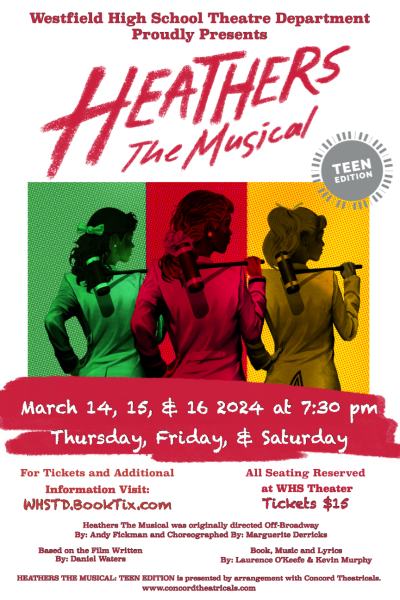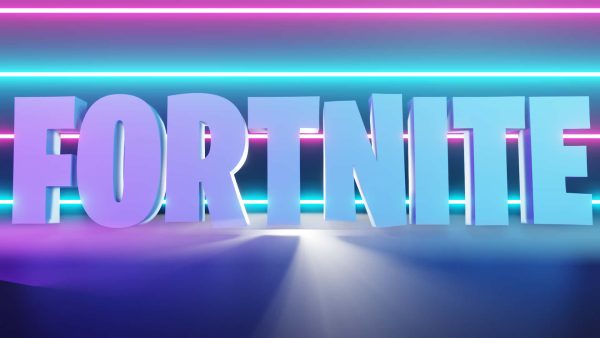An Existential Crisis: Screenwriter’s Strike Explained
“Writers are asking for fairness: When the studios invest millions into producing a film or series, they can pay for the value writers create,” tweeted Emmy and Tony Award-Winning Actor Mandy Patinkin on May 8, alongside a photo of him standing blankly with the caption, “This is what I would be doing on TV without writers.”
Patinkin, known for roles on television including Saul Berenson in Homeland, tweeted in support of the Writers Guild of America, a union representing thousands of writers. WGA announced they would be going on strike on May 2, bringing most television and film production to a screeching halt, including late-night talk shows The Tonight Show Starring Jimmy Fallon and Jimmy Kimmel Live! and streaming series, such as Stranger Things. During the 2007 strike, late night shows were dark for two months. The WGA Board of Directors recently voted to strike following failed negotiations on a new three-year contract with the Alliance of Motion Picture and Television Producers, an organization representing nine of Hollywood’s biggest studios, including Paramount, Sony and Universal Pictures.
The WGA went on strike because of unfair compensation, in large part due to the rising popularity of streaming services. As WGA member Tom Ruprecht, a former head writer for Comedy Central’s The Nightly Show, who worked on the Late Show with David Letterman for twelve years and wrote an episode of How I Met Your Mother explained to Hi’s Eye, “One thing that keeps writers going during lean times is residuals (when networks air repeats of shows, the writers get another check)…On streaming services, however, there are no repeats because the content is always ‘on…’ So one issue is writers want more compensation from streamers to make up for the lack of residuals.”
Additionally, television writers normally get paid per episode. Thus, while broadcast series used to produce twenty or more episodes per season, streaming series produce approximately eight to thirteen episodes, leaving writers with less compensation.
Ruprecht explained that another big issue is artificial intelligence: “Right now, AI is capable of producing bad scripts. You can ask AI for an action movie about a hijacked airplane and it will spit out a script that’s an amalgam of all the cliches you’ve seen in other action airplane movies…[The studios] want to use AI to write a lousy first draft and then hire a writer at a much smaller amount of money than usual to do a rewrite (i.e. add all the originality)…This obviously jeopardizes our livelihoods and will also result in lots of bad shows and movies…” Thus, Ruprecht stated that negotiations should “include language barring the use of AI to write scripts” especially because “the old scripts the AI is using to generate ideas were written by WGA members who aren’t being compensated for the fact that their material is now being reused.”
Many people continue to support the WGA and its member’s demands. At the 76th Annual Tony Awards ceremony on June 11, the directors agreed not to use scripts during the show. The unscripted 2023 Tony’s opened with a big dance number and host Ariana DeBose opening a blank binder that simply read “script.”
DeBose explained, “Our siblings at the WGA are currently on strike in pursuit of a fair deal” and as a result the only thing the teleprompters would show were countdowns for the speeches, as opposed to scripts used in the past.
Until the WGA and studios reach an agreement, production will continue to be delayed, including films unwilling to step over the picket line. For a fair deal to be reached, support of the WGA must continue. As an avid supporter of the WGA, Ruprecht picketed nearly every day during the 2007 strike, a strike that lasted 100 days, and will picket again after the 2022-23 school year ends, as he already committed to substitute teaching (including at WHS) while working on his own show.
For now, Ruprecht is joined by countless others who continue to picket Hollywood studios, including celebrities Pete Davidson, Tina Fey and Rob Lowe to name a few. For advances to be made, it is necessary that support stays strong, and the picket line is not crossed.










